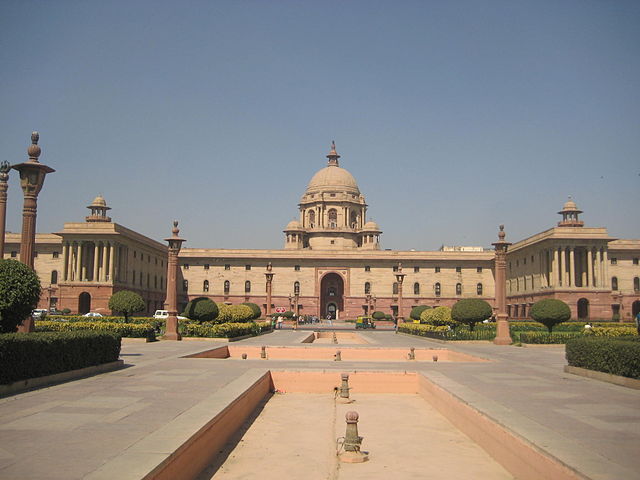India’s proposed tax on crypto transactions has drawn mixed reactions from the country’s digital asset industry. While there are those who expressed concerns that the taxation scheme could discourage participation from retail investors, there are also those who believe that it is ultimately beneficial to the industry as it may help curb excessive speculation.
Indian Finance Minister Nirmala Sitharaman announced that a 30 percent tax will be applied on profits from the sale of virtual digital assets. The tax rate is on par with the rate for the highest income tax bracket, which is for individuals earning more than 1.5 million rupees or around $20,000 annually, according to Coindesk. A 1 percent tax, deducted at source (TDS), will also be imposed on crypto trading.
“There has been a phenomenal increase in transaction in virtual digital assets,” Sitharaman said in a speech on February 1. “The magnitude and frequency of these transactions have made it imperative to provide for a specific tax regime.”
Some believe that the high tax rate could help curb excessive speculation seen last year. “We believe the taxation structure introduced by the government will certainly discourage speculators and punters,” said Suraj Ramakrishnan, a chartered accountant and member of the founding team of MintingM, a Mumbai-based crypto asset management firm.
However, many expressed concerns that the 1 percent TDS could negatively impact those who are involved in high-frequency trading. “One percent TDS by government is a tactical move to get records/trail of all transactions which would bring exchanges and investors under better compliance,” Blostem Fintech co-founder Ravi Jain said. “However, the TDS amount could turn out to be very high for frequent traders.”
Similarly, Crypto India opined that a 1 percent TDS is too much for high-frequency traders, who use algorithms to execute multiple transactions in an instant. “With 1% TDS, a trader with an initial account balance of INR 100,000 can lose 10% of his money in just 11 transactions assuming these trades didn't generate profit and each transaction involved complete account balance,” Singh wrote on Twitter.
However, the proposed taxation on crypto transactions is generally well-received. The move is seen as the first step toward giving crypto legitimacy. “You can't tax something which is illegal,” Sidharth Sogani, founder and CEO of cryptocurrency research organization Crebaco, said. “Hence, this is a very positive move by the government and is very good for the industry. If there are tax clarities in this space, more money is likely to come in.”
This regulatory certainty could also spur participation from Indian corporations. “After clarity on taxation, we note that a lot of Indian institutions would look favorably at investing balance sheet money in the crypto markets,” MintingM's Ramakrishna said.







